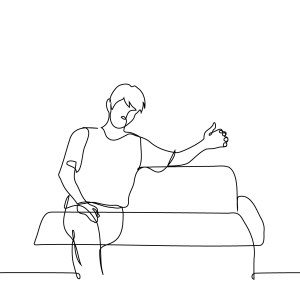
In the Hidden in Plain Sight series, I have been writing enough books and short stories that the characters have become my imaginary friends. My husband and I play with questions like “What would Luke say about this?” or “Would Josh do this?” I occasionally ask my characters questions (what I call ‘interrogating’) to see what they tell me about themselves. I have backstories (often written in the short stories) that make the characters more complex.
I have two novels published (Gaia’s Hands and Apocalypse), one about to be published (Reclaiming the Balance), and three to be published in the future (Avatar of the Maker, Carrying Light, and Whose Hearts are Mountains.) There’s also a set of short stories out there and another in the works. There’s one more secret to be revealed, and I’m working out how to make it into a full novel. And then I don’t know if I have any more stories about that world.
I don’t know what I will write about if I feel like I’ve written too much in the Hidden in Plain Sight world. I could invent another world and write a while in it. I do have one novel with a different world (or a different angle on this current world like Hidden in Plain Sight is) and I suppose there may be more stories there. But I don’t want to leave my imaginary friends!








